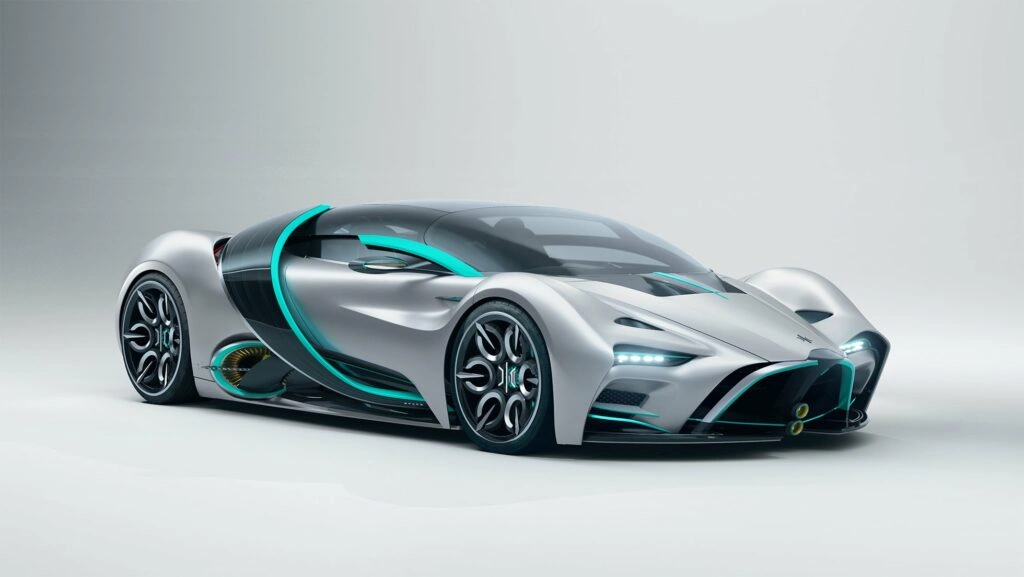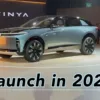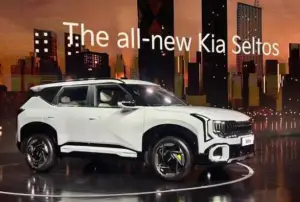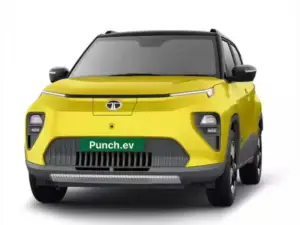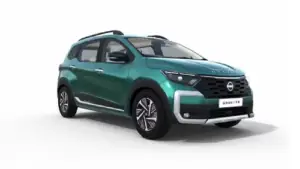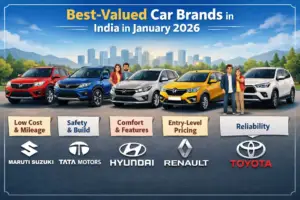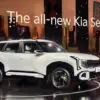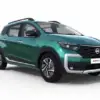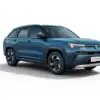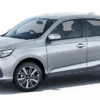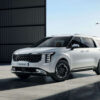In the pursuit of a sustainable future, hydrogen-powered cars are leading the charge in the automotive industry. these vehicles are poised to offer a compelling alternative to battery-electric and fossil fuel-powered vehicles. With zero emissions and high efficiency, hydrogen cars are a pivotal innovation in clean energy transportation.
What Are Hydrogen-Powered Cars?
Hydrogen cars utilize fuel cells to generate electricity. Hydrogen gas reacts with oxygen in the fuel cell, producing electricity and emitting only water vapor as a byproduct. This technology offers the benefits of clean energy without the limitations of long charging times associated with electric vehicles.
Advantages of Hydrogen-Powered Cars
- Zero Emissions: The only byproduct is water, making these vehicles eco-friendly.
- Quick Refueling: Hydrogen tanks can be refilled in just a few minutes, similar to gasoline vehicles.
- High Range: Most hydrogen cars offer ranges exceeding 600 kilometers.
- Versatility: Hydrogen technology is suitable for various applications, from personal cars to buses and trucks.
Prominent Models
- Toyota Mirai: A sleek sedan with a range of up to 650 kilometers and cutting-edge safety features.
- Hyundai Nexo: An SUV combining luxury and sustainability with a focus on advanced driver-assistance systems.
Challenges in Adoption
- Infrastructure: Limited hydrogen refueling stations hinder widespread use.
- Production Costs: The technology remains expensive due to the high cost of producing green hydrogen.
- Public Awareness: Many consumers are unaware of the benefits of hydrogen-powered vehicles.
The Road Ahead
To accelerate adoption, governments and private enterprises are investing in hydrogen production and infrastructure. Innovations in green hydrogen production, using renewable energy, promise to lower costs and make this technology accessible to the masses.
Hydrogen cars are not just vehicles; they represent a shift towards a sustainable future. With the right support, they have the potential to become a cornerstone of the global transportation ecosystem.
Hydrogen-powered cars, also known as fuel cell electric vehicles (FCEVs), represent a groundbreaking advancement in automotive technology. Unlike battery electric vehicles (BEVs) that rely on lithium-ion batteries, hydrogen cars use a chemical reaction between hydrogen and oxygen in a fuel cell to produce electricity. This process powers the electric motor and results in zero harmful emissions, with water vapor being the only byproduct.
The combination of clean energy and performance makes hydrogen cars an attractive option for eco-conscious consumers and industries alike.
How Hydrogen Cars Work
Hydrogen cars function through a sophisticated system that involves:
- Hydrogen Storage Tank: A robust tank stores hydrogen gas under high pressure (typically around 700 bar).
- Fuel Cell Stack: Hydrogen gas flows into the fuel cell, where it is split into protons and electrons. The electrons travel through an external circuit, generating electricity.
- Electric Motor: The electricity produced powers the electric motor, propelling the vehicle.
- Water Vapor Emission: The protons and electrons recombine with oxygen, producing water vapor as the exhaust.
This process is efficient, silent, and devoid of any harmful pollutants, making hydrogen cars a clean alternative to traditional combustion engines.
Advantages of Hydrogen Cars
Hydrogen cars provide several benefits that position them as a key player in the future of transportation:
- Environmental Impact:
Hydrogen cars emit zero greenhouse gases, contributing to a significant reduction in air pollution and combating climate change. - Performance:
These vehicles offer instant torque and smooth acceleration, comparable to traditional electric vehicles. - Quick Refueling:
Unlike BEVs, which require hours to charge fully, hydrogen cars can be refueled in 3-5 minutes, providing the convenience of traditional refueling stations. - Long Range:
Hydrogen vehicles typically offer a range of 500–800 kilometers on a single tank, making them ideal for long-distance travel. - Versatility:
The technology is suitable for various applications, including buses, trucks, and industrial machinery, where battery-electric solutions may fall short.
Hydrogen vs. Battery Electric Vehicles
| Feature |
|---|

